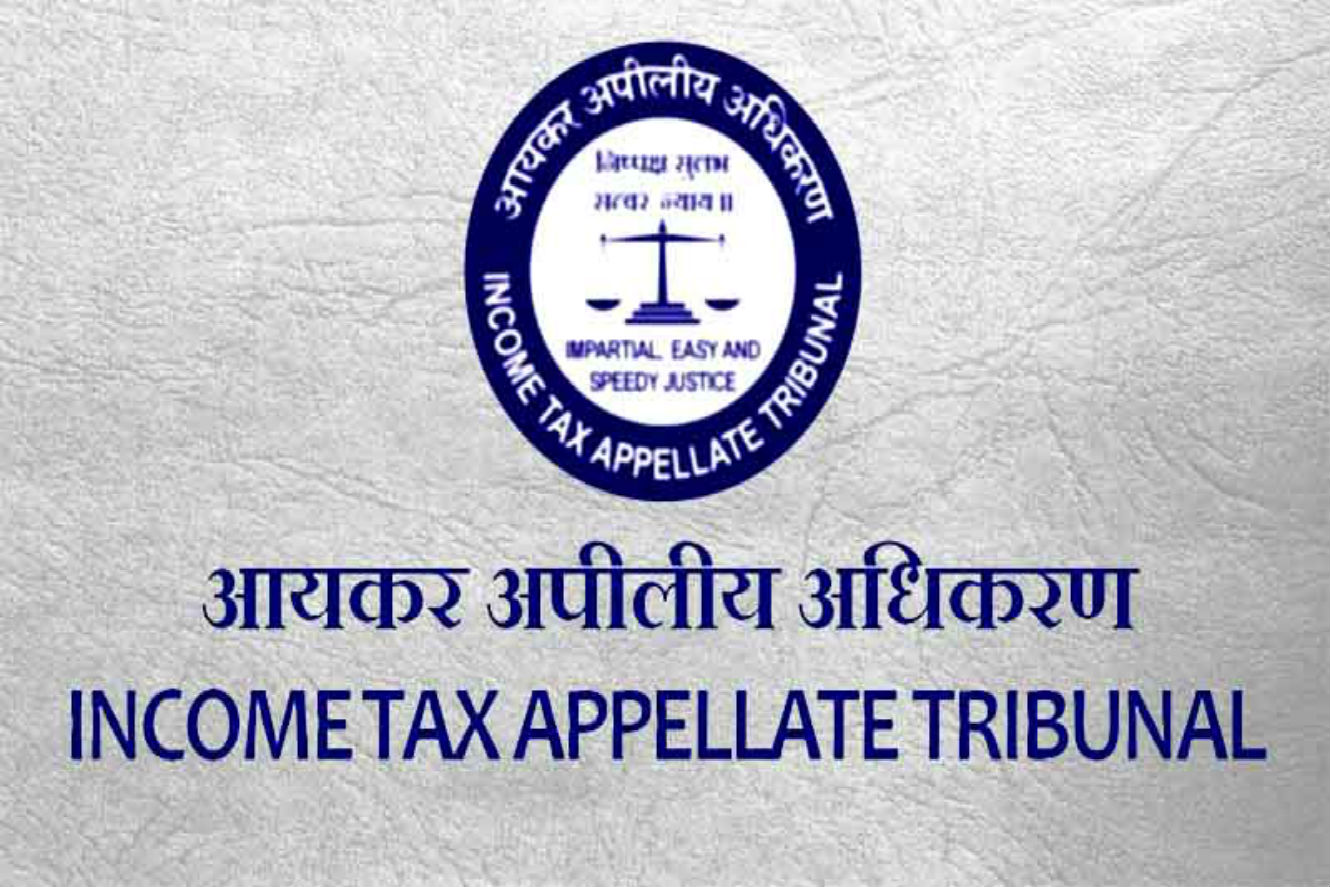1. By its Order of 17 October 1959 the Government of India in the Ministry of Labour and Employment has referred to this tribunal a point of difficulty or doubt which in the opinion of the Central Government has arisen as to the interpretation of Paras. 64 and 152 of the award of the All India Industrial Tribunal (Bank disputes), Bombay, in respect of the following matter specified in the schedule to the reference, namely :
"whether the increased dearness allowance payable to the employees of the Nedungadi Bank Limited, consequent on its upgrading from ''D'' class to ''C'' class, should be further enhanced to allow for the rise of cost of living index during the half year ended 31 December 1957 (?)."
2. The Nedungadi Bank Limited of Calicut which was a ''D'' class bank was upgraded to ''C'' class with effect from 1 January 1958. It is a bank in area II. The clerk in a ''D'' class bank gets as minimum dearness allowance Rs. 30 and a clerk in a ''C'' class bank gets Rs. 45 as minimum dearness allowance. Similarly in the case of the subordinate staff the minimum dearness allowance if in a class ''D'' bank is Rs. 25 in area II, and it is Rs. 35 in the same area in a ''C'' class bank.
3. Paragraph 64 of the Sastry award clearly contemplates upgrading as well as down-grading of banks. It provides that the change over from one group to another should not adversely affect the total emoluments of the existing employees drawn by them on the date of the change-over. But this obviously has reference to a case of down-grading.
4. Upon upgrading of this bank from class D to class C the bank gave the employees the requisite rise in pay and raised the dearness allowance to the minimum dearness allowance of class ''C'' banks. It so happened that in the previous six months, namely, from 1 July 1957 to 31 December 1957 the average All-India cost of living index had risen by more than 10 points, and that being so an increased dearness allowance of 1/7 to the clerical staff and of 1/10th to the subordinate staff became payable to all employees. The bank however did not give such increases to its employees who had emerged from class D status to class C status and did not give them even the rises which would have been given if they had remained in class D.
5. It has been the case of the bank that the increase in dearness allowance as given by the bank award commission at Para. 105 of its report was intended to be a compensation for the rise in the cost of living of the preceding six months, and even if that was payable to the employees of this bank, it had been merged in the rise of dearness allowance in consequence of the upgrading from Rs. 25 to Rs. 35 for the subordinate staff and from Rs. 30 to Rs. 45 in the case of the clerks. They contend that the mere fact of upgrading had given a substantial rise in dearness allowance, and that no further rise was contemplated. Counsel for the bank maintained that a new comer would not be entitled to any adjustment as to the dearness allowance by reason of Para. 105 of the bank award commissioner''s report.
6. In my opinion the contentions of the bank are erroneous. The bank award was striving at uniformity in wages; and in order to achieve that uniformity the banks were divided into different classes and even into different regions with particular emoluments. Thus every employee of a bank of a particular category in a particular region and in the same class of bank would get exactly the same emoluments. If the contentions of this bank, urged before me today, are to be accepted, then that scheme of uniformity would be disturbed. The formula given by the bank award commission is in following terms :
Clerical staff :
If the average all-India cost of living index for the half year ending June or December of any year should rise or fall by more than 10 points as compared to 144 (1944-100), the dearness allowance for the succeeding half year will be raised or lowered by one-seventh of the dearness allowance admissible at the index level of 144 for each variation of 10 points.
Subordinate staff :
If the average all-India cost of living for the half year ending June or December of any year should rise or fall by more than 10 points as compared to 144 (1944-100), the dearness allowance for the succeeding half year will be raised or lowered by one-tenth of the dearness allowance admissible at the index level of 144 for each variation of 10 points.
I would like to add in this connection that I consulted both bankers and employees in regard to the two formula for adjustment of dearness allowance which I have just recommended. Employees, on the whole agreed with my formulae, whilst there appeared to be a difference of opinion amongst bankers on this point.
7. I am unable to accept the contention of the bank that any rise given as a result of the bank award commission''s formula (which practically followed the lines of the Labour Appellate Tribunal formula) was intended to compensate the clerks and the subordinate staff for any rise in the cost of living of the previous six months or was intended to reimburse the banks for any loss arising out of a lower cost of living of the previous six months. There is nothing in the award to indicate that the rise or fall as contemplated by the bank award commission was intended to be by way of compensation for what had gone before. It was in fact intended to be a scheme of dearness allowance for the ensuing six months. The fact of the matter is that the Sastry tribunal, the Labour Appellate Tribunal, as well as the bank award commission, were all striving to give a suitable formula to meet the increases in the cost of living and also to provide for certain relief to the employers when the cost of living dropped. In the case of the textile industry of Bombay and of Ahmedabad there was not much difficulty in adjusting the wages according to the rises and falls in the cost of living because the cost of living figures as compiled by the Government of Bombay were available every month. The emoluments of employees of banks, however, were dealt with on an all-India basis; and after an examination of various alternatives it was felt that the cost of living index as compiled by the Central Government, while having its drawbacks, was nevertheless a cost compilation which could be suitably utilised for the purpose of adjusting the dearness allowance. Thus it was that a formula was given based upon the Central Government''s index, firstly by the tribunal secondly slightly amended by the Labour Appellate Tribunal, and thirdly, adopted by the bank award commission with some variation. It was a scheme which could be conveniently, adopted, but there was no intention thereby to compensate for any losses or gains of the previous six months. It was considered a good ad hoc formula to meet the various contingencies arising from the rises or drops in the cost of living index of bank employees all over India.
8. If what the bank contends is accepted, then the immediate effect of the bank''s refusal to give an increase according to the bank award commission formula, in addition to the dearness allowance of Rs. 35 for the subordinate staff and Rs. 45 to the clerical, would be to place these two categories of this upgraded bank at a permanent disadvantage in relation to similar employees of other class C banks in area II. This advantage might become accentuated if the fall in the cost of living follows a certain pattern.
9. In my opinion the employees of this bank, upgraded from D to C class, are entitled to the same basic wages and dearness allowance as any similar employee of class C bank in area II. On upgrading of the bank from class D to class C, the employee of such bank is entitled to ask for the same dearness allowance in terms of money as is allowable to a similar employee in a bank which has been classed C from its very inception. In my opinion to refuse this claim is to ignore the underlying principle of the award and the intention of the bank award commission. If it was intended that the dearness allowance would apply differently to a person who came into a higher class as a result of up-grading, then the award would have clearly said so, and there is nothing in the award to indicate that any differentiation was intended in the matter of emoluments between the employee of a bank which had been upgraded and the employee of a similar bank which had received the same grading from the commencement of the award.
10. This question before me is a matter of interpretation, and I answer the reference in the following terms :
The employees of the Nedungadi Bank Limited, Calicut, upon its upgrading from class D to class C, are entitled at all times to the same basic wages and dearness allowance as are payable to the employees of a ''C'' class bank in area II which had been graded as ''C'' class from the very inception of the award. This means that they will be entitled to the increased dearness allowance which has been paid to every employee of a class C bank in area II on account of the rise in the cost of living index during the half year ended 31 December 1957 (?) in accordance with para. 105 of the bank award commission''s report; and this will be in addition to the increase in dearness allowance from Rs. 25 to Rs. 35 for the subordinate staff and from 30 to 45 for the clerical staff.
11. I give my decision accordingly.

